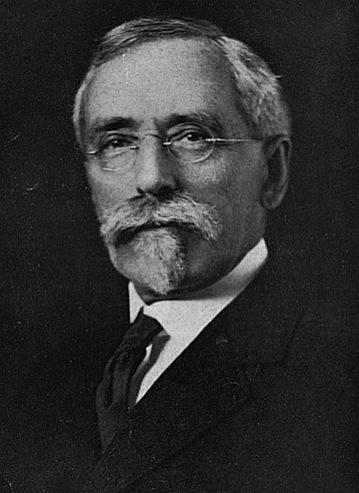| Profile | Major Works | Resources |
William Zebina Ripley, 1867-1941.


American engineer-economist.
Massachusetts native William Z. Ripley obtained his B.A. at MIT and his Ph.D in 1893 at Columbia. Upon graduation, he was immediately appointed as lecturer in sociology at Columbia In 1895, he took up a post at MIT, teaching political science. He held both appointments until 1901, when Ripley was poached by Harvard, where he remained for the rest of his career.
A transportation expert, Ripley took up numerous private and public advisory posts. He also dabbled in some rather unsavory racialist social theory. Ripley's best-known work is his 1927 book detailing the growing conflict of interests between management and shareholders in modern American companies (anticipating the famous thesis of Berle and Means).
|
Major Works of William Z. Ripley
|
|
HET
|
|
Resources on W.Z. Ripley
|
All rights reserved, Gonçalo L. Fonseca
